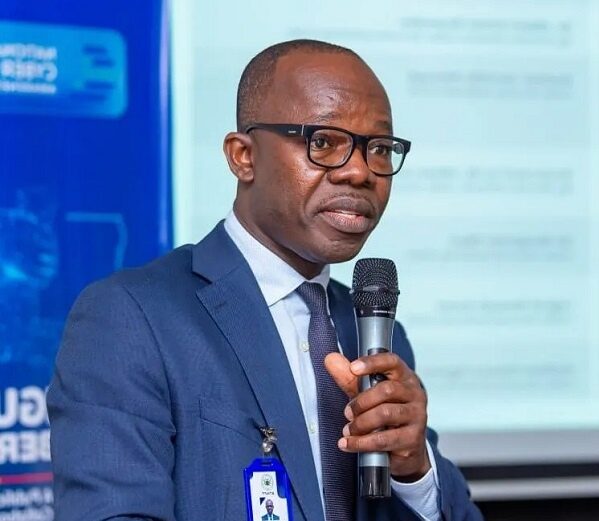- sets new standard in Africa
- A model for other nations seeking to improve their cybersecurity posture
- commitment to online child protection lauded
Ahead of the Cyber security month in October, the nation has attained a Tier 1 status in the 2024 Global Cybersecurity Index (GCI) released by the International Telecommunication Union (ITU).
This ranking places Ghana among the leading nations in cybersecurity practices worldwide.
“In a significant achievement, Ghana has been ranked with a Tier 1 status in the 2024 Global Cybersecurity Index (GCI) released by the International Telecommunication Union (ITU),” the Cyber Security Authority announced in a statement.
The GCI, which evaluates countries across five strategic pillars including Legal Measures, Technical Measures, Organizational Measures, Capacity Building, and Cooperation, awarded Ghana a score of 99.27 percent.
This score positions Ghana as the second highest scoring country on the African continent, after Mauritius, and places it among 46 countries worldwide that fall in this category, the CSA stated.
The Tier 1 status designates Ghana as a ‘Role Modelling’ country in cybersecurity, indicating that its practices and policies serve as benchmarks for other nations.
This achievement is the result of several key initiatives and developments in Ghana’s cybersecurity framework.
A primary factor in Ghana’s success is its legislation. The report notes that “Ghana’s cybersecurity law remains the benchmarking legislation for the global south.”
The country has also made progress in critical infrastructure protection, with the CSA “safeguarding Ghana’s critical systems essential to the digital economy.”
Institutional arrangements have contributed significantly to this achievement. The establishment of the Joint Cybersecurity Committee (JCC) and soon to be launched Industry Forum pursuant to section 81 of Act 1038 exemplifies effective coordination between public and private sectors in addressing cybersecurity challenges.
The country has been recognized as a hub for training and capacity building for the sub-region by entities such as the European Union, Council of Europe (COE), the World Bank, and ECOWAS. This international cooperation has enhanced Ghana’s capabilities and positioned it as a leader in regional cybersecurity efforts.
The country has also addressed online protection for vulnerable populations. This includes the review of the Child Online Protection framework and the establishment of the National Cybersecurity Challenge which exemplifies Ghana’s dedication to protecting children online.
Ghana’s achievement is notable when compared to other nations in the region. The statement noted that major sub-Saharan countries like Nigeria and Cameroon are currently in Tier 3, indicating they are still establishing key cybersecurity initiatives. This comparison underscores Ghana’s leadership role in African cybersecurity.
Despite high scores in most areas, Ghana’s score in Capacity Development reflects a need for increased funding and support in both public and private sectors to enhance overall cybersecurity capacity development.
This indicates that while Ghana has made substantial progress, there remains room for improvement in certain aspects of its cybersecurity framework.
Analysts are convinced that Ghana’s Tier 1 status enhances its digital credibility and establishes a new standard for cybersecurity in Africa and beyond, adding that the country’s progress serves as a model for other nations seeking to improve their cybersecurity posture in an increasingly digital environment.










